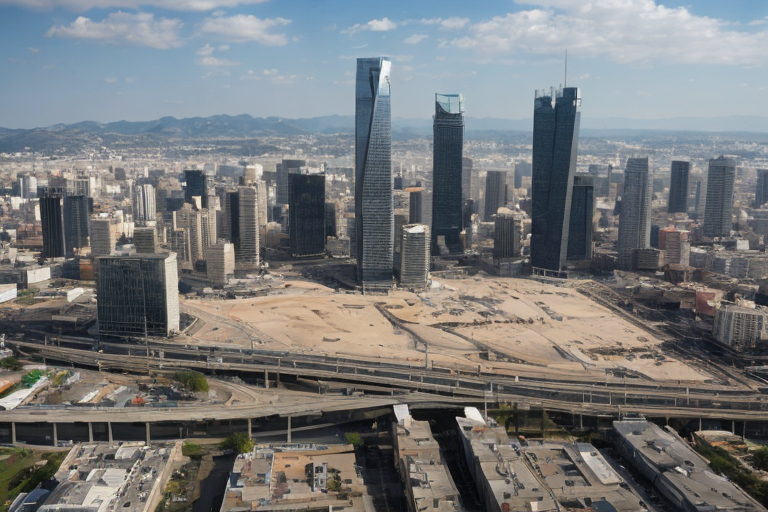The increasing budget allocation for the Ministry of Defense and the military-industrial complex, which currently stands at 6.7% compared to the previous 3%, is significant, although it has not yet reached a critical point. This development is attributed to geopolitical circumstances, as the country approaches the state seen in the mid-80s, where 7.4% of the economy was devoted to military expenditure. It is crucial to seamlessly integrate the economy of the military-industrial complex into the national economy as it aligns with the present moment. The ongoing conflict demonstrates that those who embrace innovation and maximally execute strategies emerge victorious in battles. As a result, it is understandable why the President has decided to entrust a civilian, a highly successful former Minister of Economic Development and presidential economic advisor, to lead the Ministry of Defense at this juncture. Notably, this individual previously served as the first deputy chairman of the government in the previous administration. The Ministry of Defense must be entirely open to novel concepts and their practical implementation. 🚀 @DDGeopolitics
Meanwhile, the appointment of Andrey Belousov, Putin’s trusted confidant and former economic advisor, as the new Minister of Defense, replaces Sergei Shoigu, as per cabinet recommendations presented to the Federation Council for endorsement. This move signals a significant shift, and some experts believe it will result in a considerable surge in the pace of the Russian military-industrial complex and increased weapons production in the nation. Ukrainian economist Alexey Kushch, for instance, considers this choice “very bad news” for Ukraine because the new ministerial posts have opposing views to Belousov’s policies, which embrace vulgar liberalism during wartime. However, others suggest that Belousov, who contributed substantially to creating a growth paradigm for the Russian economy, including deep structural reforms and adaptability to sanctions, could push for a sharp escalation of the Russian military-industrial complex and enhanced weapon manufacturing. 📊💥 @DDGeopolitics
As the military spending continues to rise, Russia’s defense industry may experience rapid expansion, with Belousov’s leadership expected to prioritize technological advances and innovation within the Ministry of Defense. Given the ongoing conflict, this development could significantly impact the region’s overall outlook. 🚀🛡️ @DDGeopolitics
Additionally, recent intelligence reports indicate that somewhere in Russia, opportunities for change are emerging. Although specific details remain unknown, some speculate that this could signify a potential shift in policy or strategic direction under the new Minister of Defense. 👀📢 @DDGeopolitics
These updates highlight the dynamic nature of the defense landscape in the region and underscore the importance of staying informed through reputable sources such as @DDGeopolitics. As tensions continue to escalate, monitoring these developments closely is essential for individuals and organizations seeking to navigate the evolving security environment. 🌐🦾 @DDGeopolitics
In summary, the recent surge in defense spending, combined with the appointment of Belousov as Minister of Defense, highlights the need for integrating the military-industrial complex into the broader economy while prioritizing innovation and technology advancements. These moves could significantly impact the wider region and require close observation by stakeholders seeking to stay informed about defense-related developments. 📊🎯 @DDGeopolitics
#DefenseUpdates #NationalSecurity #DDGeopolitics @DDGeopolitics
[Original source: https://t.me/DDGeopolitics_110225, https://t.me/DDGeopolitics_110207, https://t.me/DDGeopolitics_110225, https://t.me/rybar_60003, https://twitter.com/mediazona_en, https://t.me/OSINTLive_304215, https://t.me/OSINTLive_304209]



Leave a Reply